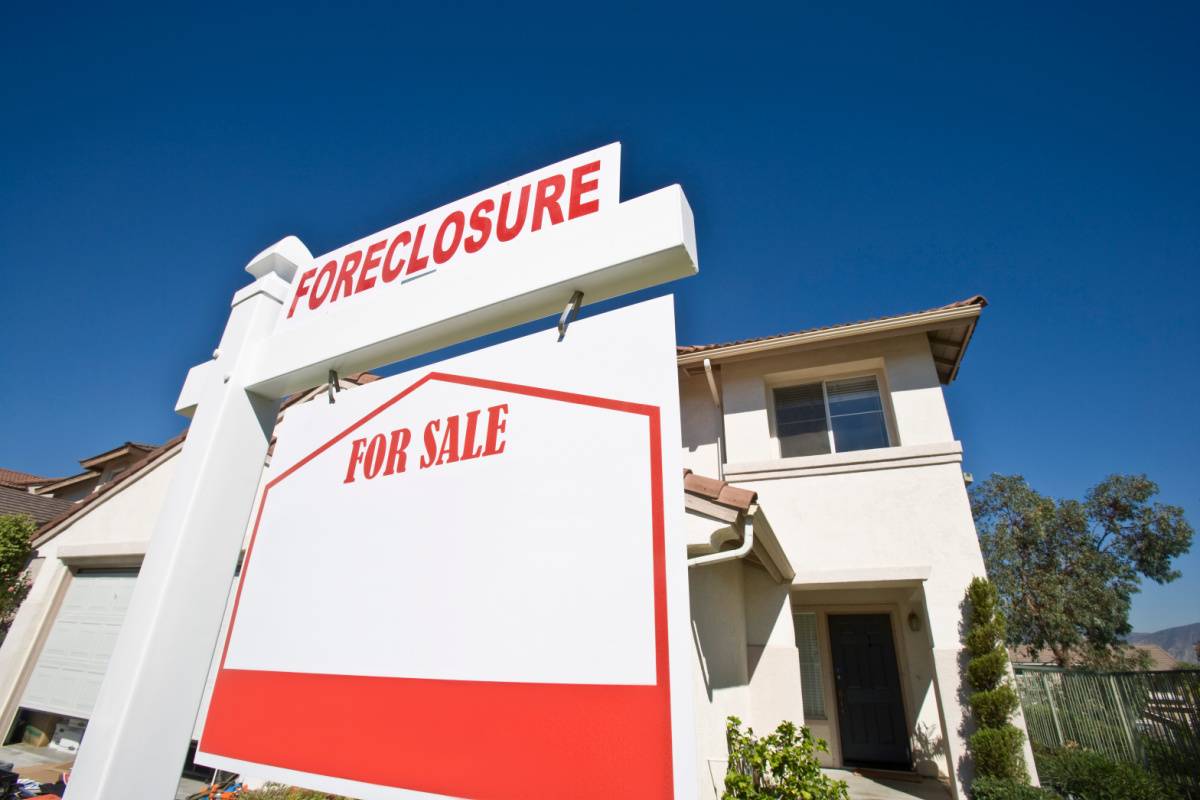When a homeowner falls far enough behind on their mortgage payments to their lender or servicer, they are at risk of foreclosure. In New York, foreclosure actions typically go through the state court system, and require the filing of a summons and complaint which is then served to the homeowner who is in default. At the end of the foreclosure process, if the lender or servicer prevails, the borrower’s home is sold at auction. The proceeds of the sale are applied towards repaying the money that is owed as a result of the foreclosure judgment. In this article, we will look at the requirements to bring a foreclosure lawsuit.
120-day Waiting Period & 90-day Notice Requirements
Under federal law, a mortgage lender or servicer usually cannot begin a foreclosure lawsuit until the borrower is more than 120 days past due on their mortgage payments. See 12 CFR § 1024.41. This 120-day period can provide homeowners an opportunity to get current on their loan by paying their mortgage arrears. If they are unable to do so, they can try to submit a loan modification application to their lender or servicer. If approved for a modification, their default will be cured, and no foreclosure lawsuit will be necessary. Under New York law NY RPAL § 1304, if a property is owner-occupied (one to four family dwelling), then at least 90 days before starting the foreclosure lawsuit, the lender/bank must send a specific notice by registered or certified mail and by first-class mail to the homeowner. This “90-day notice” must include information about the borrower’s default as well as information about government-approved housing counseling agencies that are located nearby. These waiting periods occur concurrently with each other and give a homeowner some time to try to resolve their default.
Bank of America v. Kessler
Resolving some uncertainty, in the case of Bank of America v. Kessler, the New York Court of Appeals held that the lender or servicer may include additional information with the notice, provided that it is both concise and relevant along with the pre-foreclosure notice. The additional information in the Kessler case included both (1) a disclaimer that the notice is not an attempt to collect a debt if the borrower has filed for bankruptcy and (2) a recommendation that members of the military or their spouses should contact the lender’s military assistance team. If the lender or servicer does not send the 90-day notice or does not strictly comply with notice requirements, a borrower may have a defense that could result in the dismissal of the foreclosure action.
Recent Changes in New York Law Regarding Foreclosure
There are two new laws in New York that place additional requirements on a lender when bringing a foreclosure lawsuit. As of January 1, 2022, SB 5785 amends NY RPAL § 1302 by requiring that any foreclosure complaint initiated on a residential mortgage (on a one- to four-family dwelling) must contain within it an affirmative allegation that the party bringing the lawsuit has “standing.” Specifically, the plaintiff is required to state in the complaint that it is both the owner and the holder of the mortgage and promissory note at issue, or that it has been delegated by the authority to start a mortgage foreclosure action by the owner and holder of the mortgage and note. SB 5785 also requires the plaintiff to state in the complaint that it has complied with certain provisions of New York’s existing foreclosure laws.
The other new law that places requirements on foreclosing parties is called the “Foreclosure Abuse Prevention Act” (S5473), which was enacted on December 30, 2022. This law significantly limits the circumstances under which the statute of limitations in a mortgage foreclosure lawsuit may be either reset or extended. Under this law, a lender’s voluntary discontinuance of a foreclosure lawsuit does not stop or pause the six-year statute of limitations period from running. So, in most cases, a lender is time-barred from foreclosing a mortgage after six years from the first date it accelerates the loan (making the entire loan comes due), even if the lender later withdraws the foreclosure lawsuit. This will prevent a lender who has technical or procedural issues with their foreclosure action from simply starting another foreclosure action as an attempt to fix the issues where the statute of limitation is lapsed. The law took effect immediately and applies retroactively to any pending foreclosure action filed before December 30, 2022, for which a final judgment and order of sale had not been enforced.
Contact The Law Offices of David I. Pankin, P.C.
If you are being sued or are at risk of foreclosure, it is important to discuss your options with an attorney who understands both the foreclosure process and bankruptcy law. At the Law Offices of David Pankin, P.C., we have over 25 years of experience helping homeowners save their homes. Either through foreclosure defense in state court or bankruptcy in federal court. In the bankruptcy context, we have helped homeowners using Chapter 13 bankruptcy to either repay their mortgage arrears in a 60-month payment plan or obtain a loan modification through the bankruptcy court’s loss mitigation program. We have also helped homeowners who qualify, eliminate their debt, and receive a mortgage loan modification through loss mitigation in Chapter 7 bankruptcy. You can contact our offices at 888-529-9600 or simply use our easy online contact form. Contact us today to arrange a free in-office or remote consultation.






